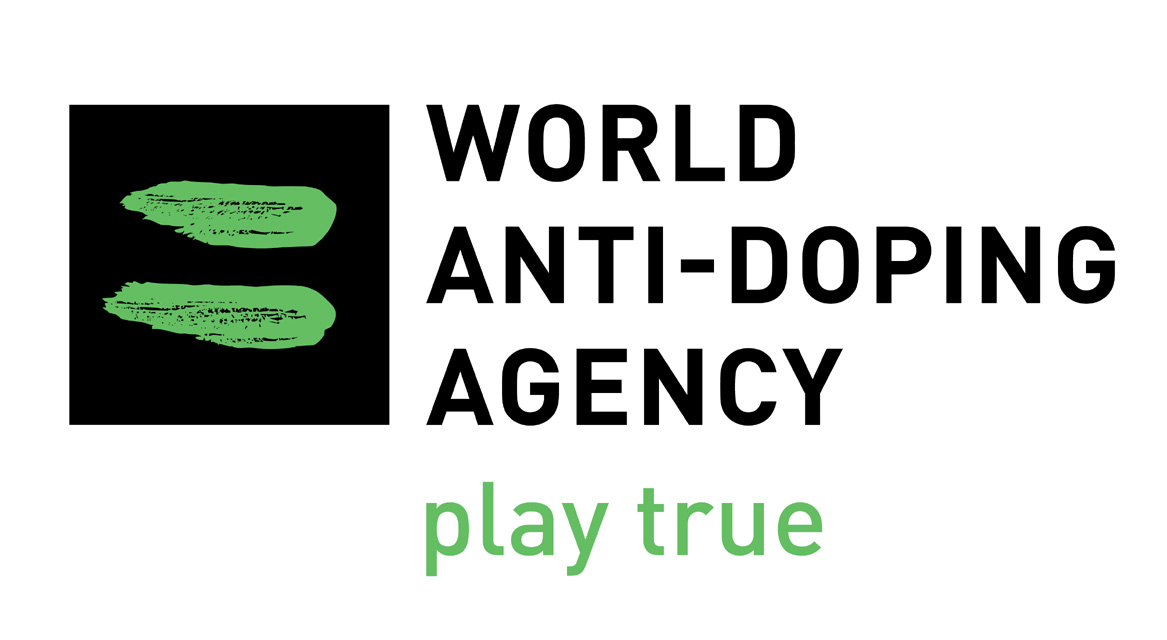
On November 28, the World Anti-Doping Agency (WADA) issued a press release stating three of it’s representatives had met in Moscow with Russian officials to discuss the next steps regarding the Russian anti-doping agency’s (RUSADA) conditional reinstatement.
When WADA’s Executive Committee (EC) voted in September to bring RUSADA back into its fold as complaint, it set forth specific unfulfilled conditions for RUSADA to meet if the agency were to remain in good standing. The most pressing unmet conditions are for WADA to gain unfettered access to the Moscow lab, acquire the lab’s Information Management System (LIMS) and any “underlying” data. RUSADA must meet these conditions by December 31st.
The WADA delegation began working out the details to bring a “full technical mission” to Moscow to fulfill the end-of-year deadline.
“We had open and productive meetings with the Russian public authorities, including with Sports Minister Pavel Kolobkov, and we are preparing for the full technical team to gain access to the Moscow Laboratory and the data before the end of 2018 in line with the strict conditions that WADA’s Executive Committee set for RUSADA’s reinstatement, ” WADA’s Senior Director of Science and International Partnerships, Dr. Olivier Rabin is quoted as saying in the press release. “Progress is being made but some points still need to be ironed out before we can proceed with the technical visit.”
WADA stated the two parties continue to negotiate, but have several remaining sticking points related to the technical mission’s Moscow based work.
Also on November 28, the Associated Press (AP) published a story claiming RUSADA head Yuri Ganus has begun to reform the maligned agency. The AP cites RUSADA’s willingness to show up at far-flung athletic competitions –the article mentions a track meet in Siberia– as an example of its new reach and commitment to clean sport.
“The most important thing is how we react to it, and we need to react with the highest level of principle and consistency,” Ganus said about implementing change in Russia according to the Washington Post story. “It’s not about proving to someone, but about showing our society and athletes, especially those just starting out, that doping is not acceptable.”



